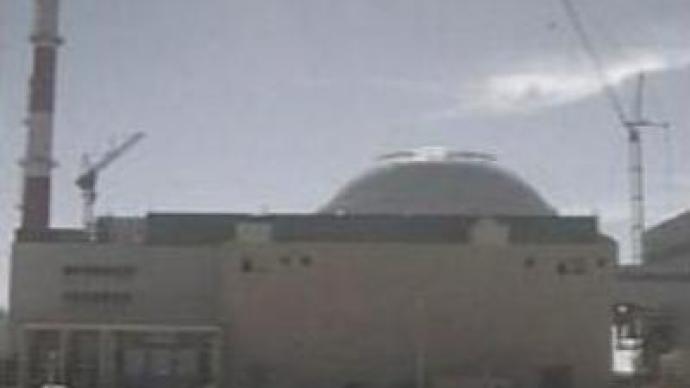IAEA blocked the help with Iran's atomic project

The board of governors blocked the assistance to Tehran in building the Arak heavy water reactor for the next two years. After that diplomats say the request can be resubmitted.
TThe International Atomic Energy Agency (IAEA) has reviewed a report on the latest results of a four year inquiry into Iran's atomic activities. Most of the results seemed to be disappointing.The agency chief criticised Tehran for failing to co-operate fully with experts trying to establish that Iran's nuclear program is not being used to make weapons.“We are going through a period of standstill in our efforts to move forward to clarify the remaining outstanding issues in Iran,” said Mohamed El-Baradei, the IAEA chief.“The Arak project was not deferred, it was not put on hold. It was removed entirely from the IAEA programme. The removal of Arak, an action taken by consensus, reflects the board's continuous concern about the nature of Iran's nuclear program and the intentions of its leadership,” said Gregory Schulte, the head of the U.S. delegation to the IAEA in Vienna.The plant will produce plutonium which the agency says could be used in making nuclear bombs. In contrast, Iran insists the reactor will make nuclear isotopes for medical purposes and will press ahead with the project.“There's no doubt that Iran and the Iranian government is determined to continue the construction of this heavy water reactor, because the hospitals desperately need the radio isotopes which is producing by Tehran's 5 megawatt research reactor which is outdated,” stressed Ali Ashgar Soltanieh, the chief Iranian representative in Vienna.The U.S. envoy told the IAEA board thta sanctions on Tehran were long overdue. However, Russia's envoy said Moscow opposed “any attempts to punish or isolate” Iran and urged the Islamic republic to settle all the longstanding disputes with the agency.
You can share this story on social media:












